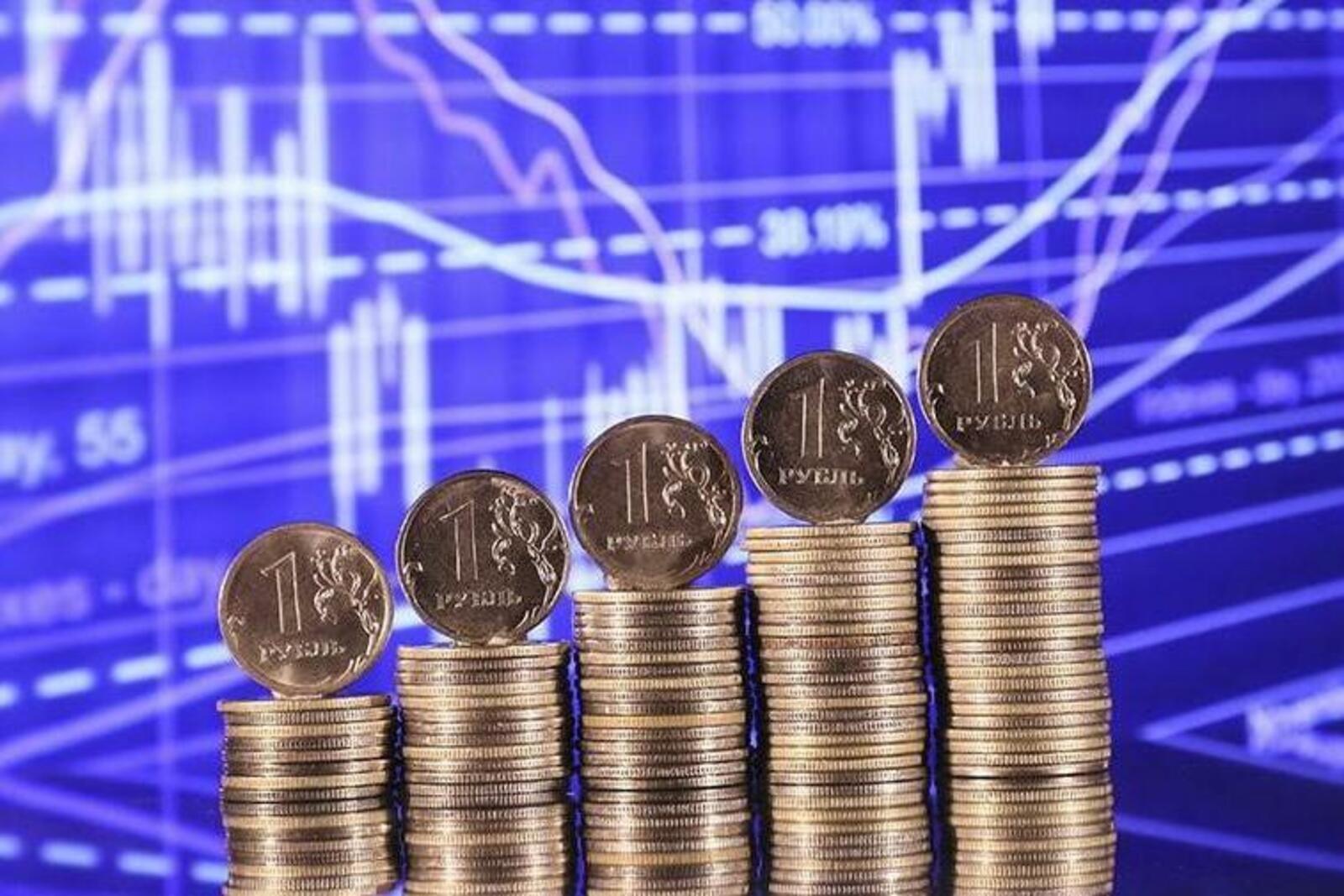The economy of Bashkiria will be able to recover in 5-6 months in a favorable epidemiological situation, the Doctor of Economics, Rector of the Institute of Information Technology and Head of the Macroeconomic Development and Public Administration Department of the Institute of Economics, Finance and Business at Bashkir State University, Azat Yangirov believes. The stability of the region's economy is explained, on the one hand, by a good backup - growth at the end of 2019 and the beginning of 2020, and, on the other hand, competent state support.
"January growth compensated for the fall in April, and most of the indicators fell by a small value, for example, industrial production – only by 3.8%. Given the severity of this crisis, this is a tiny drop. The previous growth allowed the republic to enter the crisis in a strong state and withstand it adequately," the economist thinks.
The largest decline occurred in the small business sector: the turnover in the field of public catering fell by 60%, in paid services to the population - by 35%, in the field of non-food trade - up to 29%. However, these activities are not decisive for the gross regional product (GRP), where the industry plays a decisive role, the scientist explains.
"If you look at the enlarged range of industrial commodities, in 14 out of 24 industries the decline was no more than 10%, that is, the volume of industrial production was practically retained. This is a significant result of the anti-crisis policy. In some types of industries, growth has occurred - in mining, metallurgy, and mechanical engineering. All this, to a certain extent, contained the grave consequences," Azat Yangirov analyzes.
Further, the republican authorities approved an unprecedented set of measures to support business and industry in the amount of up to 30 billion rubles. More than half of entrepreneurs were able to receive support, mainly intended for maintaining employment. "When entering the crisis, forecasts were made for price increases of 5-10 times, but real prices in April rose by only 3.5% on average, which is quite a worthy result", the scientist believes.
The economist explained the refusal to distribute money to the population by focusing on long-term support for businesses that stimulate recovery: "Significant reduction in tax deductions, in some cases even to zero, in the future will have more effect on the economy than just money distribution".
